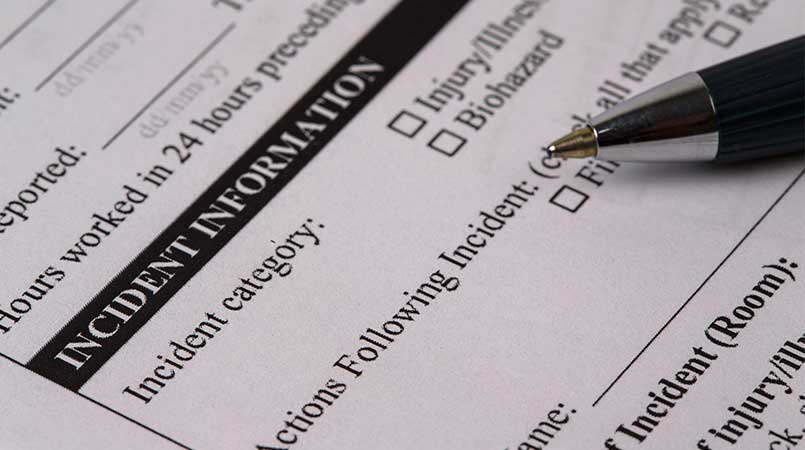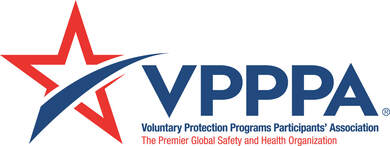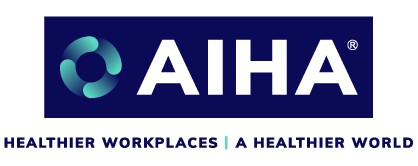OSHA's "Recordkeeping Rule" continues to make headlines in the EH&S world. The most recent news involves a report released by the Government Accountability Office (GAO), which concludes that underreporting and inaccurate employer injury and illness data may be attributed to a number of factors, including worker intimidation, and that the Labor Department's OSHA audit process for verifying employer injury and illness records, is flawed.
Brief Background About the Report
The Department of Labor (DOL) is required under the OSH Act of 1970 to collect and compile occupational injury and illness records, and the Government Accountability Office (GAO) was asked to determine two things: 1) whether or not the DOL verifies that employers are accurately recording employee workplace injuries and illnesses, and, if so, how adequately and 2) what factors may affect the accuracy of employer injury and illness records. The results of the report were released this month.Findings Related to the OSHA Audit Process GAO found several problem-areas within the OSHA audit process. The first being, that while the agency conducts audits on a representative sample of 250 out of 130,000 worksites in high-hazard industries each year, it does not routinely incorporate worker interviews into these audits. Employee interviews happen to be the sole source of data not provided by the employers themselves, so their input could help greatly in evaluating the accuracy of the records.
Another problem relates to the timing of the audits. Typically they take place about two years after incidents have occurred, diminishing the value of employee interviews. According to inspectors, this time lapse also renders some scheduled interviews impossible due to employee turnover.
One more concern regarding the audit process is that eight high-hazard industries are not even included in the selection process. The reason for this is that OSHA has not updated the industry codes used to identify these industries since 2002.
Findings Related to Employer Recordkeeping Habits
Many factors affect the accuracy of employer-recorded injury and illness data. According to the GAO investigation, "Workers may not report a work-related injury or illness because they fear job loss or other disciplinary action, or fear jeopardizing rewards based on having low injury and illness rates.
In addition, employers may not record injuries or illnesses because they are afraid of increasing their workers' compensation costs or jeopardizing their chances of winning contract bids for new work. Disincentives for reporting and recording injuries and illnesses can result in pressure on occupational health practitioners from employers or workers to provide insufficient medical treatment that avoids the need to record the injury or illness.
From its survey of U.S. health practitioners, GAO found that over a third of them had been subjected to such pressure. In addition, stakeholders and the survey results indicated that other factors may affect the accuracy of employers' injury and illness data, including a lack of understanding of OSHA's recordkeeping requirements by individuals responsible for recording injuries and illnesses."
GAO Recommendations
GAO has provided four recommendations for the Labor Department, based on its findings:
- Require worker interviews during OSHA audits and substitute workers when those initially selected are not available
- Reduce the amount of time between the date injuries and illnesses are recorded by employers and the date that OSHA schedules audits
- Update the list of high-hazard industries so they can be included in OSHA audits
- Increase employer training and education about the "Recordkeeping Rule"
OSHA's Response
Acting Assistant Secretary for OSHA Jordan Barab announced that the agency will move swiftly to implement GAO recommendations and highlighted that the agency is also addressing concerns of underreporting through the National Emphasis Program on Recordkeeping, which began on Oct. 1.
"Many of the problems identified in the report are quite alarming, and OSHA will be taking strong enforcement action where we find underreporting," said Secretary of Labor Hilda L. Solis.
Don't Wait to be Audited, Ensure Your Records are in Order Now
Contact an MSDSonline representative today, at 1.888.362.2007, to learn how the VelocityEHS Incident Management solution can help you streamline your recordkeeping processes.







